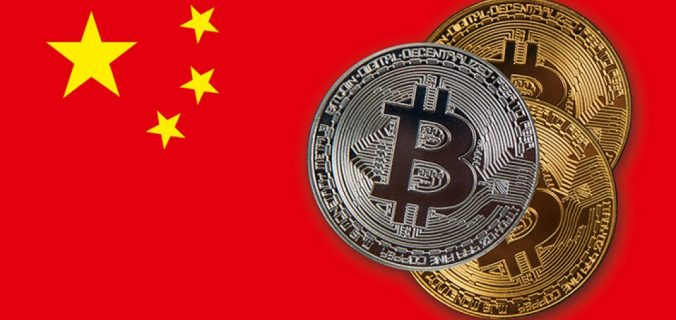China’s negative stance on crypto is not unheard of. Last year, the Chinese government banned ICOs as a way to raise funds. They subsequently banned crypto exchanges on the mainland and forced them to operate offshore. Earlier this year, they banned offshore exchanges of cryptocurrency altogether. These days they seem to be becoming more intense. The Chinese government is seemingly working hand-in-hand with major internet companies like Baidu, Alibaba, and Tencent, compelling them to make a move against crypto-related activities in their platforms.
Beijing’s internet finance overseer, The China National Fintech Risk Rectification Office, has recognized 124 offshore crypto exchanges. The government plans to ban the Internet Protocol (IP) address of these exchanges that are still operating in mainland China. The government claims that they aim to protect Chinese investors from financial risks associated with cryptocurrency trading and peer-to-peer lending. Moreover, the agency will continue to monitor websites affiliated with the illegal exchanges.
The People’s Bank of China (PBOC) has had rough time controlling money outflows as persistent investors look for alternative investments beyond the tightly-controlled local currency, the yuan. Internet access to big player exchanges like Binance, Huobi, OKEx, and Bitfinex is still unavailable in the country since January.
Eight crypto online media channels have been forced to shut down, some of them were able to accumulate millions of dollars. Some districts like Chaoyang have also banned hotels, shopping malls, etc from hosting blockchain or crypto events.
Chinese mobile payment platforms, namely Tencent’s WeChat and Alibaba’s Alipay, are having a hard time keeping up with regulators after recent announcements regarding cryptocurrencies. Both companies have mentioned that they will work with government agencies to watch over cryptocurrency transactions.
A source also said that depending on the situation, Alipay will restrict or permanenly ban personal accounts that are involved in cryptocurrency transactions.
WeChat, China’s giant messaging app company with 1 billion active monthly users in its platform, banned the accounts of crypto users including businesses. A few of the accounts were banned permanently while others were suspended due to violation of WeChat’s policy, which states “Interim Provision on the Development of Public Information Services for Instant Messaging Tools”. This includes crypto accounts like Huobi News, Jinse, and CoinDaily.
Some sources say that WeChat’s ban was unrelated to crypto. Leonhard Weese, president of the Bitcoin Association of Hong Kong, told Cointelegraph that the WeChat accounts were taken because they were talking about the vaccination scandal instead of crypto. He added that besides the big crypto accounts, most of the accounts were allegedly spreading misinformation about the said scandal.
However, one WeChat official confirmed that the Chinese government are committed to cracking down on ICOs and token sales, and Chinese social media companies will continue to ban the accounts of users that promote and advertise ICOs in the Chinese market. The WeChat crypto accounts were shut down due to their involvement in spreading information on ICOs and speculations on cryptocurrency trading.
Meanwhile, Baidu—the Chinese search giant—joins Tencent and Alibaba in imposing anti-crypto measures.
Baidu aims to censor and shut down cryptocurrency-related discussion on Baidu Tieba, their Reddit-like division. “Currently, the company has tough its scrutiny over digital currency and will not allow sub-forums under such theme, based on relevant rules and regulations,” the anymous source said. The source also implied that the sub-forums of Baidu Tieba were suspected of spreading information about ICOs and cryptocurrency speculation. “The same with why WeChat did it.”
However, some crypto-related sub-forums remain active despite of everything such as “bitcoin,” “ethereum,” and bitcoin mining,” etc. It needs to be noted that Chinese are more restrictive when it comes to new tokens and ICOs than it is on incumbent cryptocurrencies like the ones mentioned.
References:
Want something super cool?
Subscribe to our GFA newsletter and get timely news on Asia business news and investments

